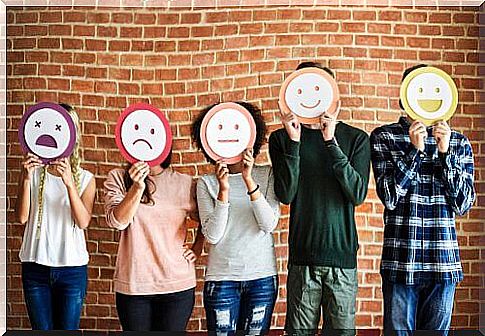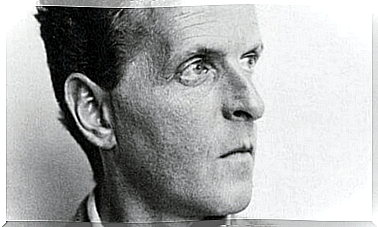Sociometric Theory And Importance Of The Opinion Of Others

How much importance do we attach to the opinion that others have of us? This is an aspect that we often tend to underestimate. While it may seem incredible, we apparently possess an internal mechanism by which we adapt our behavior to this variable. To deepen the question, today we will talk about sociometric theory.
The t eoria sociometric speaks of a psychological mechanism that helps minimize the chances of rejection. This is closely related to the self-regulation of our behavior as a couple or with others.
This regulatory mechanism appears to respond to changes in relational value. It provides a framework for analyzing phenomena such as self-esteem and sensitivity to rejection. In addition to personality disorders and many of the reactions people have in relation to others.
This psychological indicator can also provide valuable insight into what happens when people self-regulate in a dysfunctional way. This form of self-regulation further damages their relationships with others. Closely related to self-esteem, the sociometer affects and influences our emotions as well.
Below we will go into the details of sociometric theory. Read on!
Evolutionary bases of sociometric theory
Sociometric theory was developed by Baumeister and Leary. Later, it was expanded by Gardner, Pickett and Brewer. It was born on the basis of the idea that the human being is practically unable to survive and reproduce without maintaining minimal social relations. And that, therefore, he has developed a system that allows him to successfully maintain these relationships.
However, he needs a system that monitors the reactions of others to his own behavior; in particular, in relation to actions that can cause social rejection.
This monitoring system warns the individual of possible changes in his or her state of social inclusion or acceptance. This mechanism of evaluating the state of our relationships motivates us to adopt behaviors that remedy situations that could damage them. It also warns us of any behavior that could endanger our social bonds.
The human being has therefore developed a psychological mechanism that monitors the indirect visual environment in search of clues that are relevant to its relational value in its environment.

Emotions as instruments of measurement
According to sociometric theory, self-esteem is an indicator of the quality of our social relationships. When people adopt behaviors that lead them to feel rejected by the group, their self-esteem suffers and decreases. If, on the other hand, they adopt behaviors linked to positive emotions, self-esteem increases. We could therefore say that self-esteem has an important emotional component.
From an evolutionary point of view, nature has provided us with an alarm system that tends to signal situations that we want to avoid with pain. In the same way, he signals with pleasure the ones he wants us to repeat.
When a person’s needs are not met, adverse reactions occur. The aim is for the body to react and remedy the unpleasant or threatening situation. And this also applies to the need for belonging. Emotions serve to alert us to events that have significant implications for our well-being. All emotions are adaptive.

Sociometric theory and operation of the sociometer
This monitoring system seems to act away from the conscious sphere and does so until it is detected that the relational value is low or falling. This is the moment when the individual begins to consciously consider the situation. If the person has recently experienced rejection, they will be more sensitive to what others think of them. In this case, he will devote more cognitive resources to reasoning about the social situation.
This theory actually explains that self-esteem is only an indicator and, therefore, it makes no sense to act on it. Psychiatrist Pablo Malo proposed comparing this phenomenon with a car’s fuel warning light:
This leads us to think that self-esteem is actually strengthened by the acquisition of social skills and the development of skills that facilitate our social adaptation. In this sense, self-esteem seems to be influenced by the way we feel adapted to the environment and the way we evaluate this adaptation.









